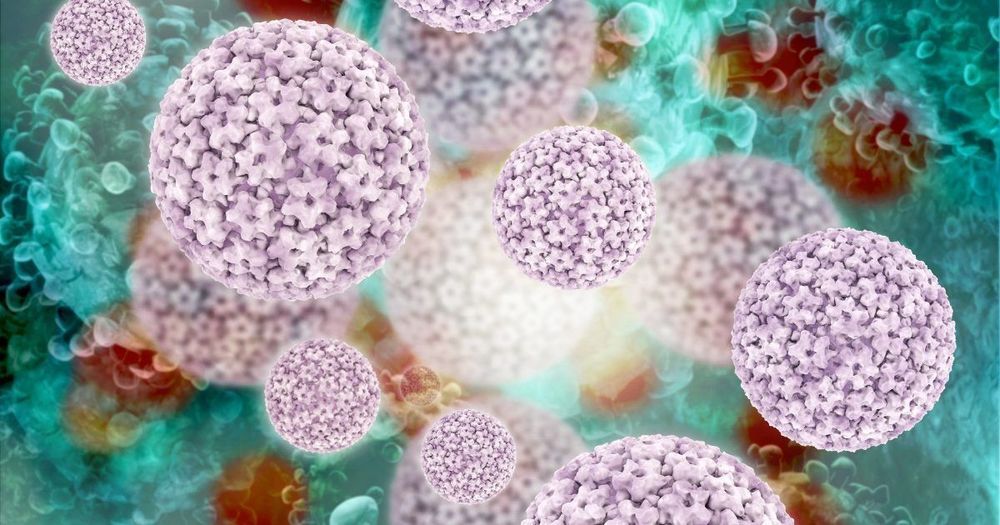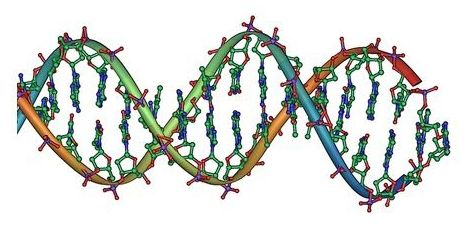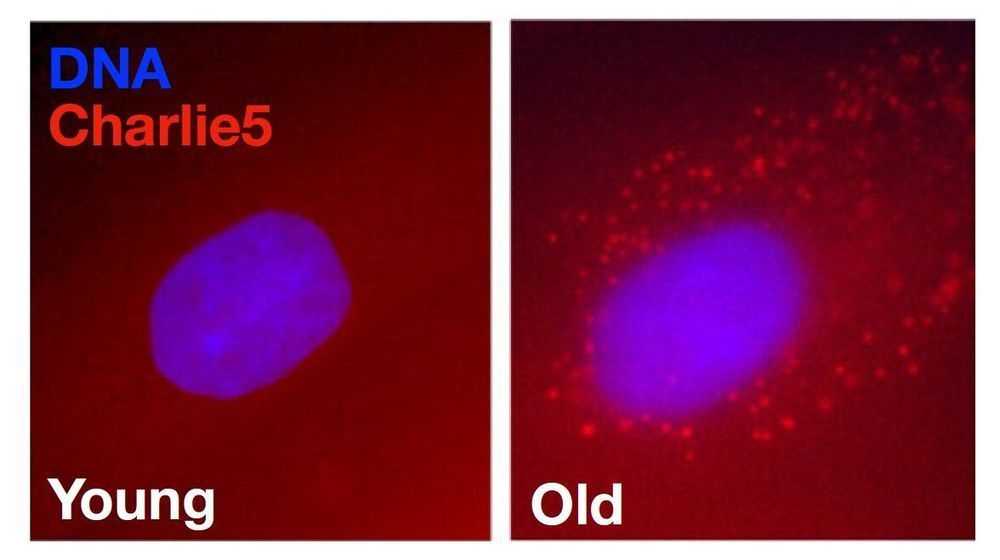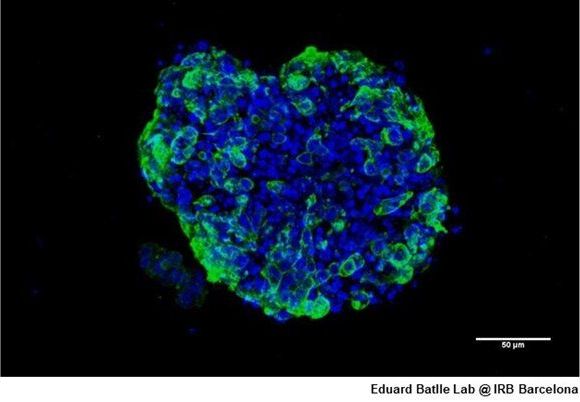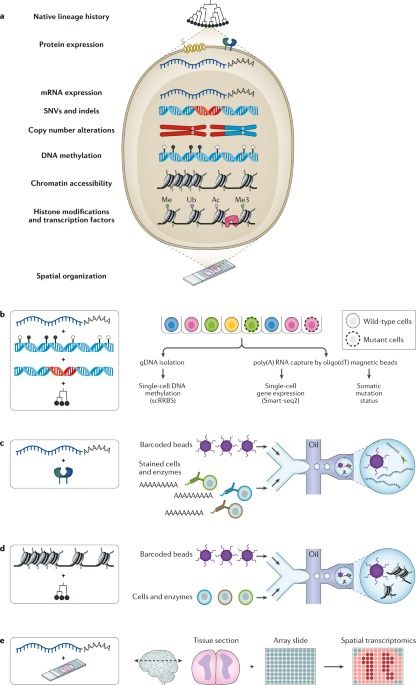The plastic tips attached to the ends of shoelaces keep them from fraying. Telomeres are repetitive DNA (deoxyribonucleic acid) sequences that serve a similar function at the end of chromosomes, protecting its accompanying genetic material against genome instability, preventing cancers and regulating the aging process.
Each time a cell divides in our body, the telomeres shorten, thus functioning like a molecular “clock” of the cell as the shortening increases progressively with aging. An accurate measure of the quantity and length of these telomeres, or “clocks,” can provide vital information if a cell is aging normally, or abnormally, as in the case of cancer.
To come up with an innovative way to diagnose telomere abnormalities, a research team led by Assistant Professor Cheow Lih Feng from the NUS Institute for Health Innovation & Technology (iHealthtech) has developed a novel method to measure the absolute telomere length of individual telomeres in less than three hours. This unique telomere profiling method can process up to 48 samples from low amounts (1 ng) of DNA.

